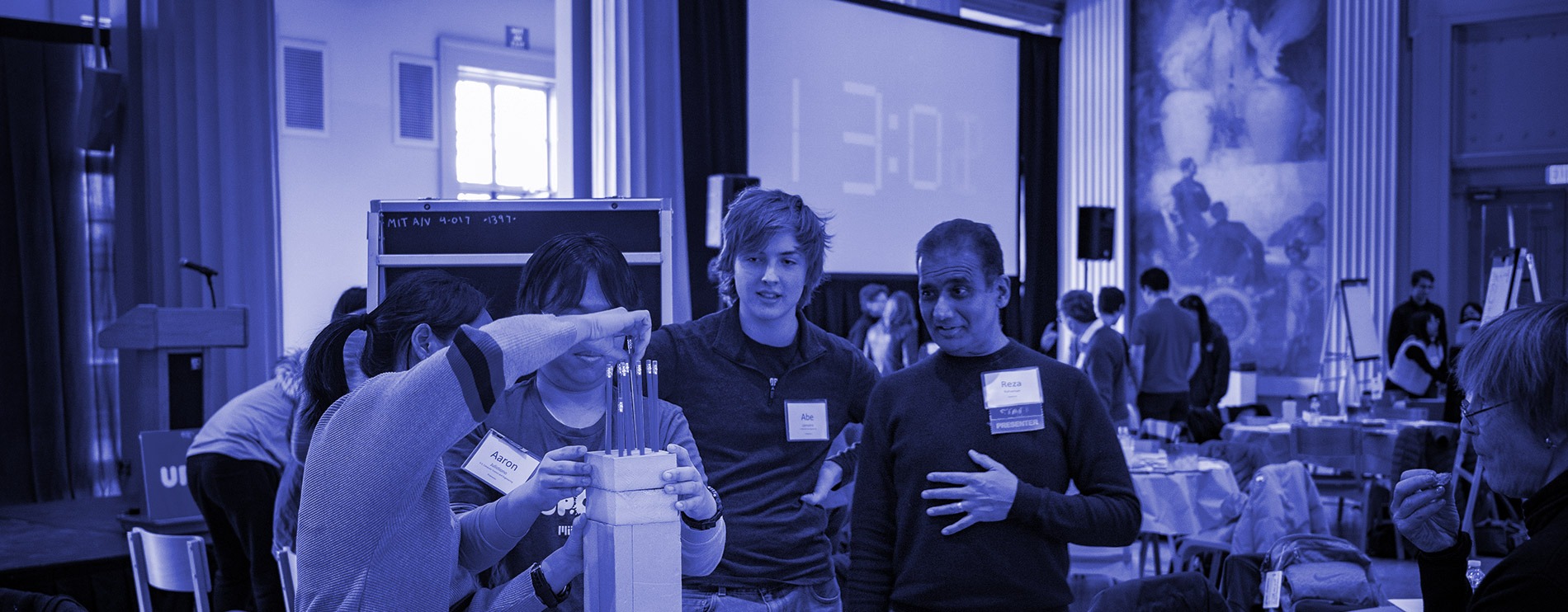UPOP sophomores are uniquely prepared for academia, industry, or research opportunities. They have received one year of training in communication, team development, problem-solving, negotiation, project management, and presentation skills with the support of experienced industry professionals and the UPOP staff. You’ll hire someone with superior professional skills layered on top of their superior MIT technical education.
